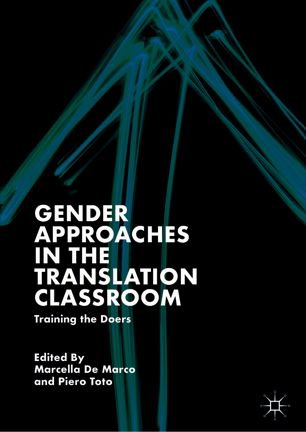

Most ebook files are in PDF format, so you can easily read them using various software such as Foxit Reader or directly on the Google Chrome browser.
Some ebook files are released by publishers in other formats such as .awz, .mobi, .epub, .fb2, etc. You may need to install specific software to read these formats on mobile/PC, such as Calibre.
Please read the tutorial at this link: https://ebookbell.com/faq
We offer FREE conversion to the popular formats you request; however, this may take some time. Therefore, right after payment, please email us, and we will try to provide the service as quickly as possible.
For some exceptional file formats or broken links (if any), please refrain from opening any disputes. Instead, email us first, and we will try to assist within a maximum of 6 hours.
EbookBell Team

0.0
0 reviewsThis volume examines strategies for embedding gender awareness within translation studies and translator training programmes. Drawing on a rich collection of theoretically-informed case studies, its authors provide practical advice and examples on implementing gender-inclusive approaches and language strategies in the classroom. It focuses on topics including, how to develop gender-inclusive practices to challenge students’ attitudes and behaviours; whether there are institutional constraints that prevent trainers from implementing non-heteronormative practices in their teaching; and how gender awareness can become an everyday mode of expression. Positioned at the lively interface of gender and translation studies, this work will be of interest to practitioners and scholars from across the fields of linguistics, education, sociology and cultural studies.